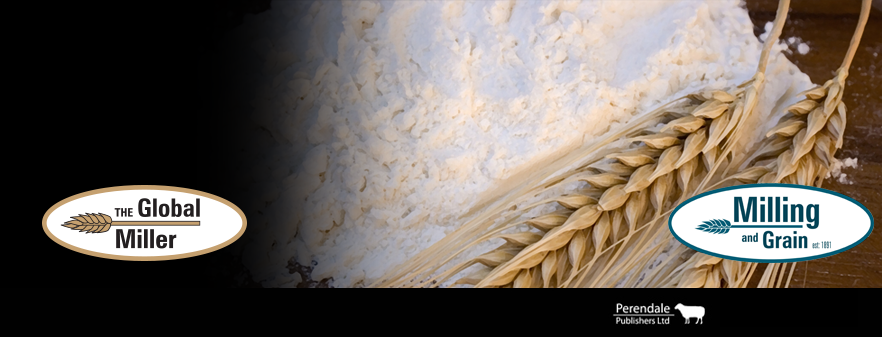How then did Colombian peasant organisations – some of whom are members of La Via Campesina, and others that are allies – together with nuns who promote ecological farming, and academic researchers in the city, win a very good public policy in the capital of Bogotá to promote peasant farmers’ markets?
In the mid-2000s, the mayor’s office wanted to restructure the distribution of fresh produce in the capital by creating a series of transfer point markets between rural agribusiness and giant super-market chains. By 2010, some 2,500 peasant families were doing more than USD 2 million in annual business.
Today the peasant markets in Bogotá are contributing mightily to food sovereignty, providing peasants from four provinces with a very profitable market option, have given political training that is dynamising the struggle for food sovereignty policies in home municipalities, are changing Society’s perception of peasants in a very positive way, and are using a gentle touch to promote the transition to agroecology.
 |
| Peasant markets in Bogotá are contributing mightily to food sovereignty, providing peasants from four provinces with a very profitable market option |


No comments:
Post a Comment